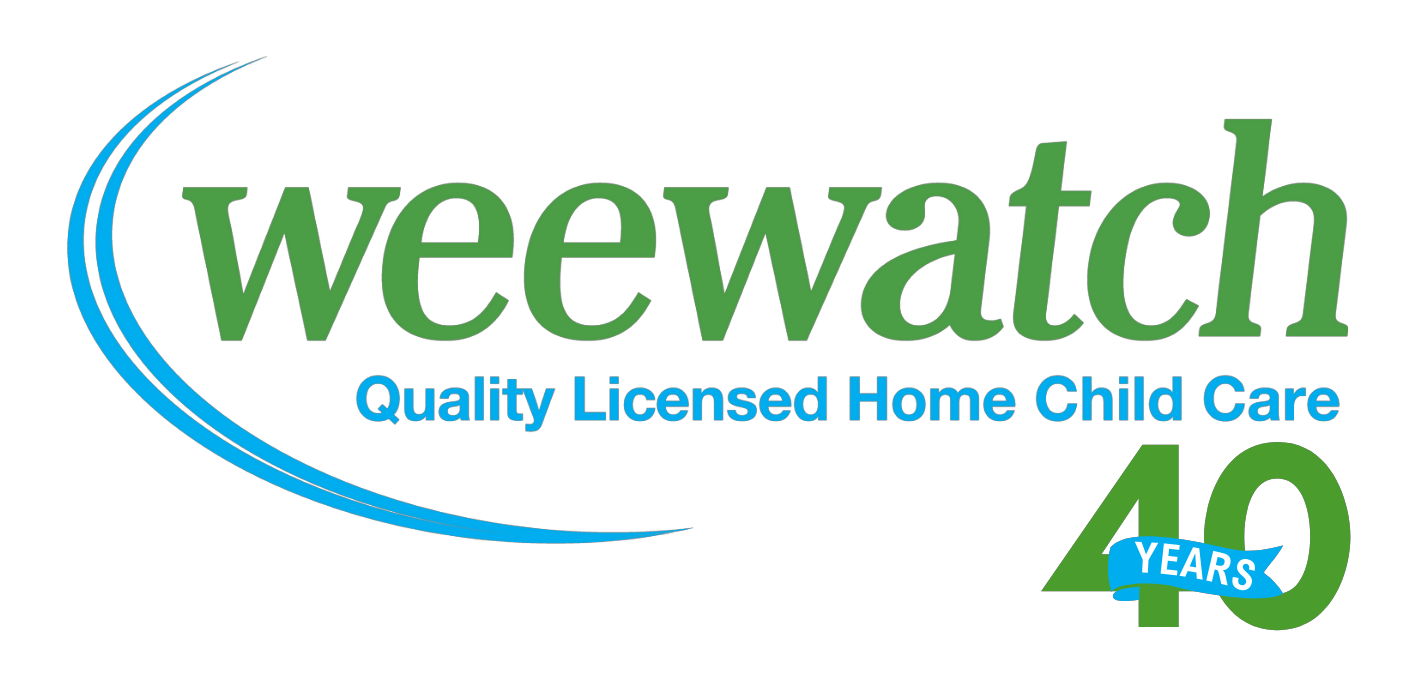It’s that time of year again…. a new year is upon us. Which to some of us means time to start working on all those New Year’s resolutions we made. A New Year’s resolution is a promise we make to ourselves to somehow improve our lives in the coming year, they come in all forms; some people try and break a bad habit, some want to try something new, or do something to help others. A big one for many is being healthier and making healthier choices.
Change is hard, especially when trying to create healthy new habits. According to researchers at the University of London, it can take an average of 66 days to form a new habit. So instead of jumping full force into your New Year’s resolution for a better, healthier, you, take it slow. Try adding one new health-promoting habit each month and by this time next year you’ll be a whole new you.
12 months to a healthier you
- Drink more water. Water helps keep you feeling full so you eat less. Drinking lots of water also flushes out the toxins in your body. You should drink a minimum of eight 8-oz glasses a day.
- Make time for breakfast. Studies have shown that people who eat breakfast are more successful with weight loss.
- Get more sleep. Getting the recommended 7-8 hours of sleep every night helps your body fight off illnesses and lowers your risk of developing heart disease and diabetes.
- Keep a journal. Start a food journal. Writing down everything you eat makes you more aware of what you are eating and allows you to identify certain food habits and may help you stop them.
- Go for a Walk. Walking is easy to do, its free, doesn’t require any equipment and you can do it anywhere, anytime. You need a 30-minute walk 5 days a week at a brisk pace.
- Eat plenty of fruits and vegetables. Fruits and veggies are low in calories and full of fibre. They will also lower your risk of developing heart disease, diabetes and certain types of cancer. Half of your plate should be fruits and veggies.
- Downsize your plate. Help reduce portion sizes by using smaller plates.
- Go Meatless. You don’t need to give up meat entirely but try and have a couple meatless meals a week. Eating less red meat and deli meat will lower your risk of cancer and heart disease.
- Workout with a friend. Having someone to work out with will increase your motivation and make it more enjoyable.
- Eat slowly and enjoy your food. Did you know it takes your brain 20 minutes to send your body signals of fullness? Eat slowly, enjoy your food and you will stop eating when you are full.
- Unplug and unwind. Studies have shown that a heavy use of technology may increase risk of depression, stress and sleep disorders, so unplug and unwind.
- Don’t skip meals. Sometimes we get too busy and don’t take the time to eat, or we have a party to go to so we skip a meal in order to eat delicious party food. Skipping meals actually leads to extreme hunger and you may end up eating too much.
Since we live in a world full of technology, you can bet there is an app for that! Health apps recommended by experts.
- MyFitnessPal Calorie and Diet Tracker. Simple to use, this app serves as a food diary, exercise tracker and diet coach all in one. Handfuls of doctors readily recommended this app. It’s free, boasts the largest food database of any calorie counter with more than two million foods, and it helps track exercise.
- Obesity expert Dr. Yoni Freedhoff suggests this app for exercise bunnies and gym rookies trying to get the hang of the gym. You can add friends to your network and track workouts, post results to your Facebook and Twitter and browse profiles of other exercisers. Online dating for the extremely fit?
- Day One. Toronto-based nutritionist Marisa Falconi tells her clients to download this app to keep track of their eating habits and their mood, keeping in mind that your feelings may be what are hurting your diet. “You’d be amazed at how many people find out that what they thought was their favourite food is actually causing their migraines or energy loss,” she said.
- Sodium 101. Zentner recommends this app to help consumers watch their salt intake. A neat feature allows users to look at how much sodium is in some fast food and prepackaged foods. It also helps you think before you eat by letting you know how many salt shakes are in your next meal.
